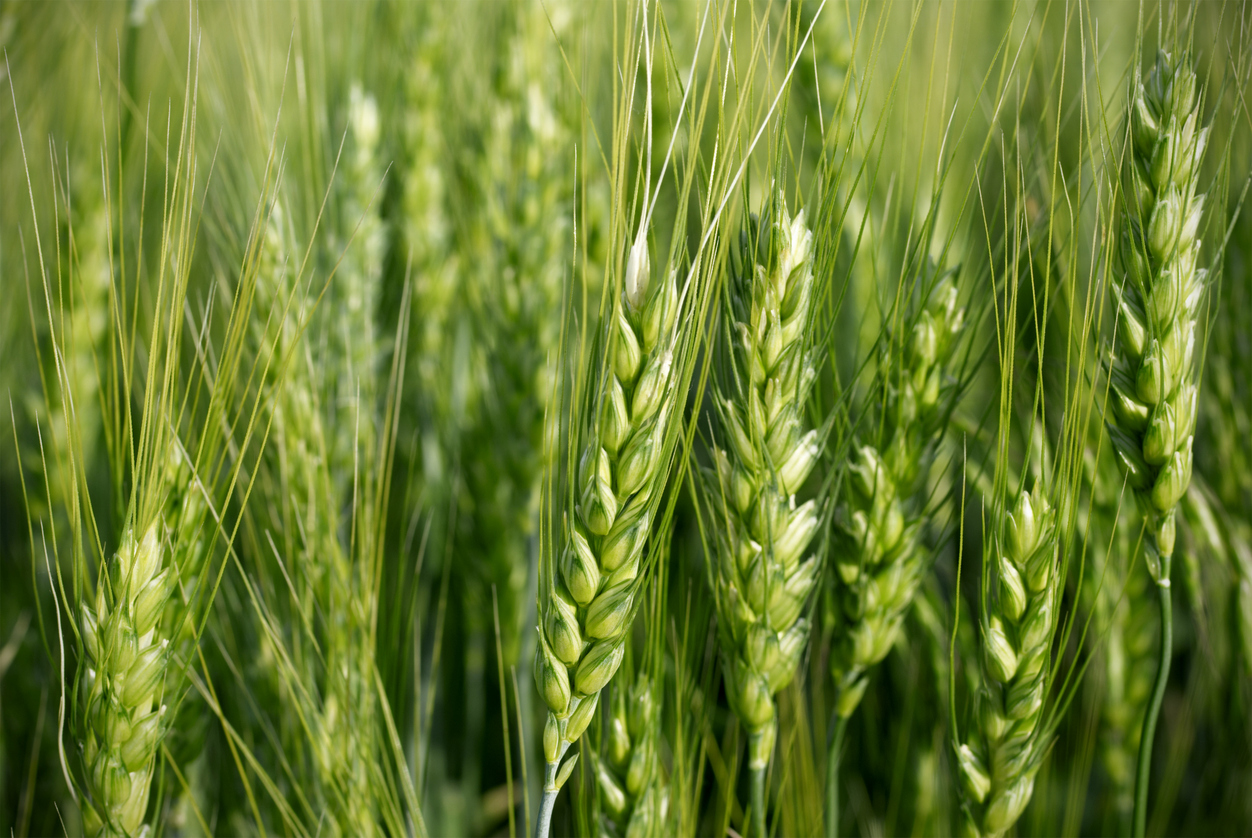
K-State Researchers Tackle Gluten Allergenicity in Wheat Using CRISPR-Cas9
November 26, 2025| |
Kansas State University (K-State) researchers, in collaboration with the state's farmers, have launched a new project to tackle gluten allergenicity in wheat while preserving the grain's essential bread-making quality. The goal is to develop new wheat varieties that can be consumed by the estimated two million Americans—and one in 100 people worldwide—who suffer from celiac disease, an autoimmune disorder triggered by gluten.
The research team, led by Dr. Eduard Akhunov, a University Distinguished Professor, is focused on using the gene editing technique CRISPR-Cas9. Their initial step is to accurately identify the specific gluten proteins in the wheat genome that provoke an allergic reaction in celiac patients. In the past, attempts to reduce immunotoxicity by suppressing gluten-encoding genes often resulted in poor bread quality. The K-State team is therefore focused on a targeted approach: reducing the abundance of the problematic gluten proteins while simultaneously ensuring that the wheat maintains the texture, flavor, and moisture necessary for quality baking products, such as bread and pastries.
This project is a partnership between K-State, the University of California, Davis, the California Wheat Commission, the Celiac Disease Foundation, and Kansas Wheat. Leaders from Kansas Wheat expressed a strong sense of obligation to address this issue, noting that some farmers who grow wheat for a living cannot have it on their own dinner tables due to celiac disease in their families. The research seeks to address a specific consumer health need while expanding the market for wheat products and ensuring that the nutritional benefits of whole grains are accessible to a wider population.
For more details, read the news article in K-State Extension News.
| |
You might also like:
- Study Reveals Extreme Dwarfism in Wheat Impairs Gluten Composition and Baking Quality
- UC Davis Develops Wheat with Reduced Gluten Proteins
- Gene Editing to Produce Gluten-Free Wheat
Biotech Updates is a weekly newsletter of ISAAA, a not-for-profit organization. It is distributed for free to over 22,000 subscribers worldwide to inform them about the key developments in biosciences, especially in biotechnology. Your support will help us in our mission to feed the world with knowledge. You can help by donating as little as $10.
-
See more articles:
-
Gene Editing Supplement (November 26, 2025)
-
Research and Tools
- K-State Researchers Tackle Gluten Allergenicity in Wheat Using CRISPR-Cas9
- Gene Editing Reduces Browning in Lychee
- Multiplex Genome Editing Improves Wild Rice Agronomic Traits
- Gene Editing Elucidates a Vital Defense Switch in Rice
-
Read the latest: - Biotech Updates (January 21, 2026)
- Gene Editing Supplement (January 28, 2026)
- Gene Drive Supplement (February 22, 2023)
-
Subscribe to BU: - Share
- Tweet

